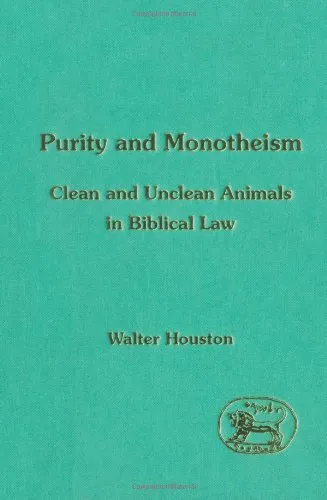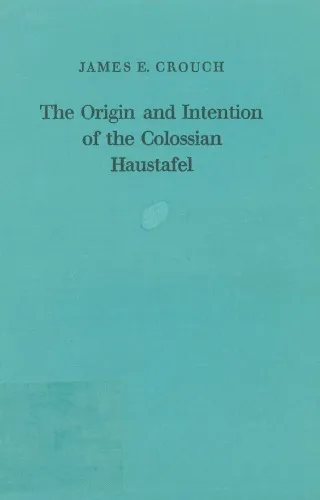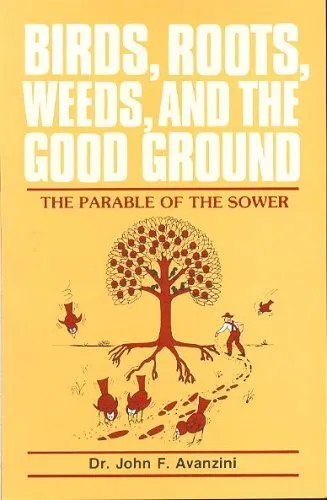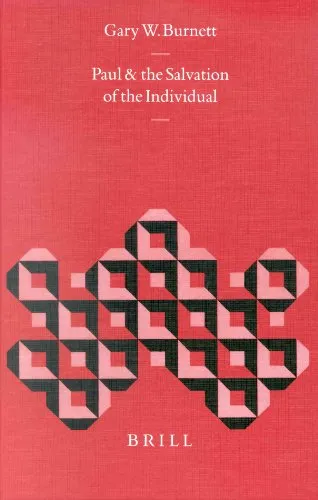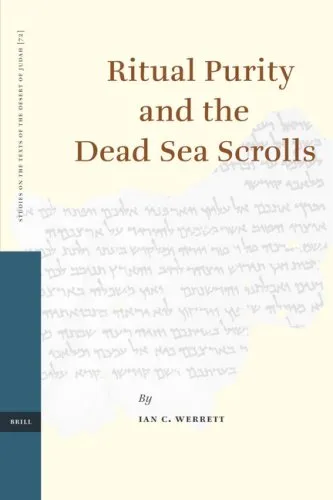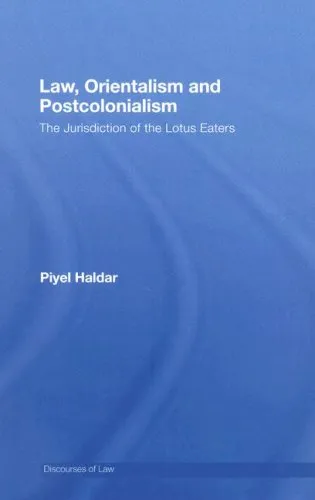Purity and Monotheism: Clean and Unclean Animals in Biblical Law (JSOT Supplement Series)
4.0
Reviews from our users

You Can Ask your questions from this book's AI after Login
Each download or ask from book AI costs 2 points. To earn more free points, please visit the Points Guide Page and complete some valuable actions.Related Refrences:
Welcome to the world of ancient texts and timeless principles, where theology, culture, and practical life intricately intertwine. In my book, "Purity and Monotheism: Clean and Unclean Animals in Biblical Law (JSOT Supplement Series)," I explore the fascinating and often complex topic of purity laws within the context of ancient Israelite religion and the Bible.
Detailed Summary of the Book
The book offers a comprehensive examination of the laws regarding clean and unclean animals as presented in the Hebrew Bible. These scriptures, specifically found in the books of Leviticus and Deuteronomy, have long intrigued scholars and lay readers alike. The laws provided a framework not only for religious and ritualistic practices but also for everyday living, influencing dietary habits, social interactions, and community dynamics. Through an in-depth analysis, I have sought to illuminate how these distinctions served to reinforce the Israelites' religious identity and distinguish their cultural practices from those of neighboring peoples.
By understanding the historical and religious context of these laws, we gain insight into the worldview of the ancient Israelites. I delve into the symbolic significance of animals categorized as clean and unclean and how these designations articulate a broader theological message about purity in the sight of God. Furthermore, I examine the relationship between these dietary laws and the foundational concept of monotheism within the biblical tradition, underscoring the theological rationale for these seemingly arcane rules.
Key Takeaways
- The classification of animals into clean and unclean is not merely about physical cleanliness but involves a complex set of theological and cultural values.
- The biblical laws regarding purity signify a separation between the sacred and the profane, establishing and maintaining a unique identity for the Israelites.
- Understanding these laws sheds light on the dynamics of inclusion and exclusion within ancient Israelite society, reflecting broader social and religious structures.
- The dietary laws illustrate the integration of faith into daily life, embodying a continual reminder of the Israelites' covenant with God and their distinctiveness as a monotheistic community.
Famous Quotes from the Book
"The boundaries established by the laws of purity and impurity serve not only as a testament to devotion but as a constant exhortation to live in a manner that reflects one's professed faith."
"In mapping the distinction between the clean and the unclean, the biblical text invites its adherents to envision a world ordered by divine decree, where every aspect of life is infused with spiritual significance."
Why This Book Matters
The exploration of biblical laws concerning purity and dietary restrictions is more than an academic exercise. This book provides valuable insights into the theological foundations of one of the world’s most enduring religious traditions. For scholars, students, and anyone interested in theological studies, "Purity and Monotheism" offers a critical resource for understanding the complex interplay between religion, culture, and societal identity. Additionally, by examining these ancient texts through a modern lens, readers are prompted to reflect on contemporary practices and beliefs in relation to their historical origins.
By highlighting the enduring relevance of these ancient laws, the book serves as a testament to how biblical texts continue to inform and inspire current religious thought and practice. It invites readers to consider how historical understandables of purity affect current discussions about ethics, morality, and community within religious contexts.
Free Direct Download
You Can Download this book after Login
Accessing books through legal platforms and public libraries not only supports the rights of authors and publishers but also contributes to the sustainability of reading culture. Before downloading, please take a moment to consider these options.
Find this book on other platforms:
WorldCat helps you find books in libraries worldwide.
See ratings, reviews, and discussions on Goodreads.
Find and buy rare or used books on AbeBooks.
1445
بازدید4.0
امتیاز0
نظر98%
رضایتReviews:
4.0
Based on 0 users review
Questions & Answers
Ask questions about this book or help others by answering
No questions yet. Be the first to ask!
